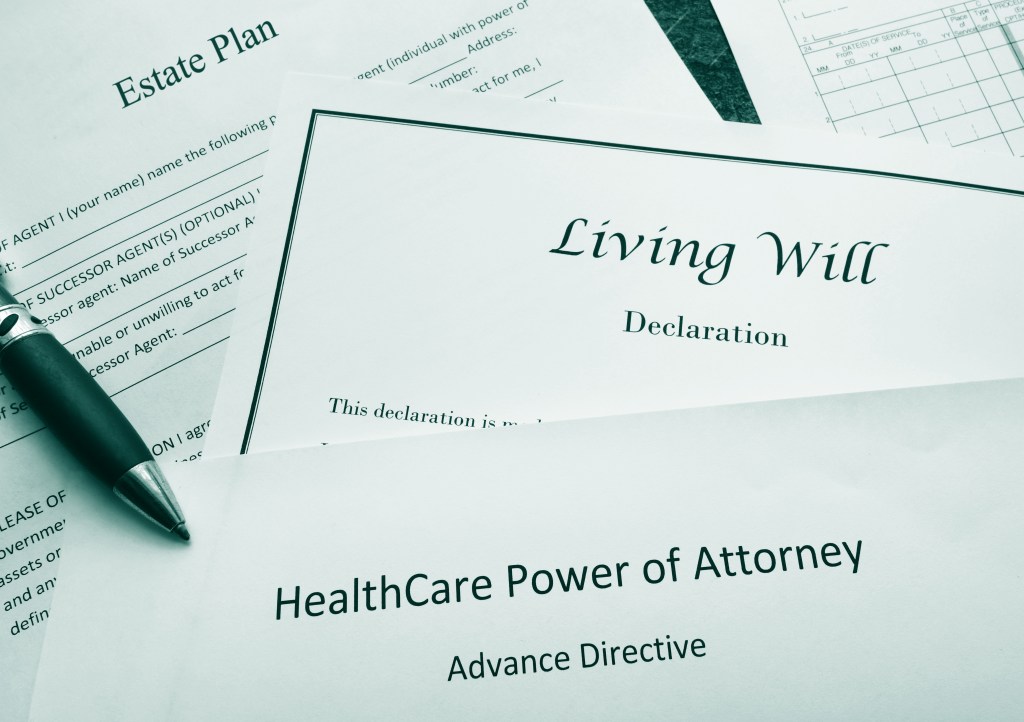Whether your loved one is newly diagnosed or at the end of their life, having a caregiver plan is crucial for determining what needs to be done in order to manage the health and well-being of the patient. It helps reduce panic and stress when a crisis occurs and helps get the patient the help they need in a timely manner. It also gives the caregiver peace of mind knowing that you are in control of things.
What does a caregiver plan look like?
A care plan is a form that summarizes a person’s health conditions and current treatments for their care. A care plan can help reduce emergency room visits, and hospitalizations, and improve medical management for people with chronic health conditions. Care plans also offer supportive resources for the caregiver, helping to reduce your stress. It includes information about:
- Health conditions
- Medications
- Healthcare providers
- Emergency contacts
- Caregiver resources
Here’s a template for you to print and fill out. https://www.cdc.gov/aging/caregiving/pdf/Complete-Care-Plan-Form-508.pdf
If you prefer to create your own care plan, be sure to include the following and put it in a folder or 3-ring notebook so you can update it as needed. It’s also a good idea to keep copies of the important documents in your car glove compartment in case you need to get to the hospital quickly.
- Emergency contacts: name, relationship, and phone numbers
- A medical power of attorney: name and phone number, including documentation
- Medical history
- Family medical history
- Allergies
- Current prescription medicines, supplements, and over-the-counter medications including name, dosage, and schedule of administration
- Physicians: primary care and all specialists listing the name and phone number
- Advance directives copy
- DO NOT RESUSCITATE order, if the patient has one
- Medical insurance cards – private, Medicare and secondary, or Medicaid copies
- Driver’s license or government-issued ID – copy
What is a personal care agreement?
This is actually an agreement between the person who needs care and the person who is providing care for compensation. It’s typically used in a relationship between the person who needs care and a family member, friend, or professional care person. Here’s a template that you can use. https://www.agingcare.com/documents/personal_care_agreement_agingcare.pdf
The following is adapted from a piece written by K. Gabriel Heiser on the AgingCare website. https://www.agingcare.com/articles/personal-care-agreements-compensate-family-caregivers-181562.htm
Personal care agreements are required to include the following in order to avoid the transfer of money which would be considered a gift by Medicaid:
- The agreement must be put in writing before the personal care services are provided.
- The agreement must detail which services are included and which are excluded for the purposes of compensation (e.g. non-medical care only, food shopping and meal preparation, light housekeeping, assistance with daily living activities, transportation to dental, adult day care and medical appointments).
- The agreement must be signed by the care recipient and the person agreeing to perform the services. If the recipient is unable to sign due to mental or physical incapacity, their power of attorney may sign on their behalf.
- All signatures on the contractual agreement must be notarized at the time of signing.
- The agreement must include a contract date.
- It must specify rates for services that are comparable to the rates charged by commercial care providers located in the same vicinity.
- How much and when the caregiver will be compensated should be included.
The caregiver must keep an accurate record of which and when services they provide, and a log of payments they receive. This documentation is very important if the care recipient ever needs to file a Medicaid application because it proves that they have given this money in exchange for care services and not given it away to obtain financial eligibility for long-term care covered by Medicaid.
It’s important to check on the payment requirements in your state. These contracts typically require that the care provider are paid on a weekly basis, or a more flexible pay-as-you-go basis. Some states permit lump sum payments to cover future care for the remainder of a care recipient’s lifetime. If you decide on this arrangement, it’s advised that you consult an elder law attorney or legal professional with Medicaid planning expertise.
Resources
Family Caregiver Alliance
National Center on Caregiving
(415) 434-3388 | (800) 445-8106
Website: www.caregiver.org
E-mail: info@caregiver.org
FCA CareNav: https://fca.cacrc.org/login
Services by State: https://www.caregiver.org/connecting-caregivers/services-by-state/
Family Caregiver Alliance (FCA) seeks to improve the quality of life for caregivers through education, services, research, and advocacy. Through its National Center on Caregiving, FCA offers information on current social, public policy, and caregiving issues, and provides assistance in the development of public and private programs for caregivers.
Medicaid
www.medicaid.gov
National Care Planning Council
www.longtermcarelink.net
National Academy of Elder Law Attorneys (NAELA)
For a low-cost 30-minute consultation, contact your local city or county Bar Association.
www.naela.org
Paperwork and related information
101 Law Forms for Personal Use (10th ed., 2016)
Elder Care Agreement
www.nolo.com
Long Term Care Personal Support Services Agreement
Department of Health and Human Services, Office for Family Independence (2011)
www.maine.gov/dhhs/ofi/documents/LTC-Personal-Support-Agreement.pdf
And don’t forget your own needs. Caregivers deal with an enormous amount of stress. Be sure to have a plan to take care of yourself because if you get sick, who will take care of your loved one?
Barbra Cohn cared for her husband Morris for 10 years. He passed away from younger-onset Alzheimer’s disease in 2010. Afterward, she was compelled to write “Calmer Waters: TheCaregiver’s Journey Through Alzheimer’s & Dementia”—Winner of the 2018 Book Excellence Award in Self-Help—in order to help other caregivers feel healthier and happier, have more energy, sleep better, feel more confident, deal with feelings of guilt and grief, and to ultimately experience inner peace. “Calmer Waters” is available at Amazon, Barnes & Noble, Boulder Book Store, Tattered Cover Book Store, Indie Bound.org, and many other fine independent bookstores, as well as public libraries.




